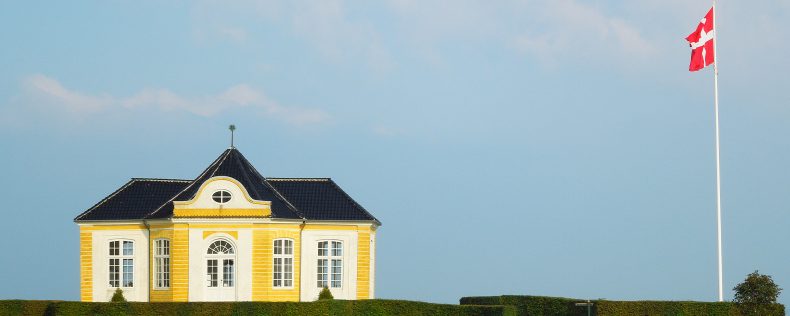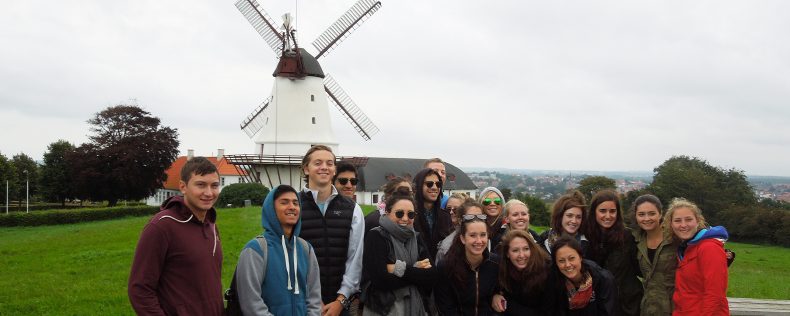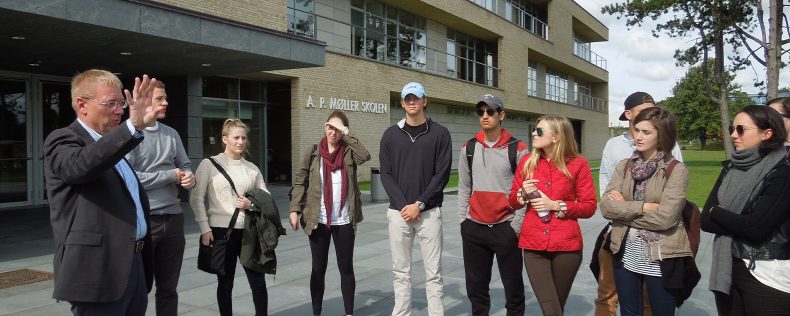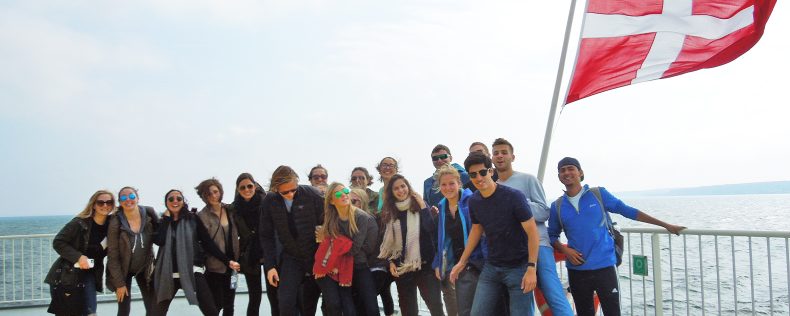As this course follows the recent anthropological and sociological literature on the making of nation-states both from the inside and outside, the tours (as well as other sites visits and guest lectures) of the course attempts to help you understand how diversity and national unity are re-produced and exposed at the mental and literal borders. This is why, during Core Course Week, you visit Sønderborg, a historically significant town located on the Danish-German border, and its surroundings. You have an opportunity to understand the historical context in which Denmark and Germany were drawn, and similarly to reflect on the everyday local articulations of belonging (among people of German origin in Denmark and people of Danish origin in Germany). In this sense, the Study Tour not only takes into account of the historical origins of partition between the two countries but critically engages with the more contemporary articulations of Danish identity.
Tour Objectives
- To understand the history of the partition between Germany and Denmark and its long-lasting implications on Danish identity and national unity
- To put issues of belonging in comparative perspective between centers (Copenhagen) and the peripheries (border zones)
- To identify the minority experiences of people of German origin in Denmark and people of Danish origin in Germany — in a way to critically engage with the experiences of other minorities in contemporary Denmark
Possible Activities
- Sønderjylland Museum to better understand the long history of the partition and unification between Denmark and Germany
- Deutsches Museum Nordschleswig, a local museum in Denmark which has exhibitions on the past and of the resent of the Germany minority in the region
- Flansborg Avis (a Danish newspaper in Flensburg, Germany) which has been published daily since 1869
- The Frøslev Camp Museum to get a grasp of how the border once again was a zone of tension during WWII



